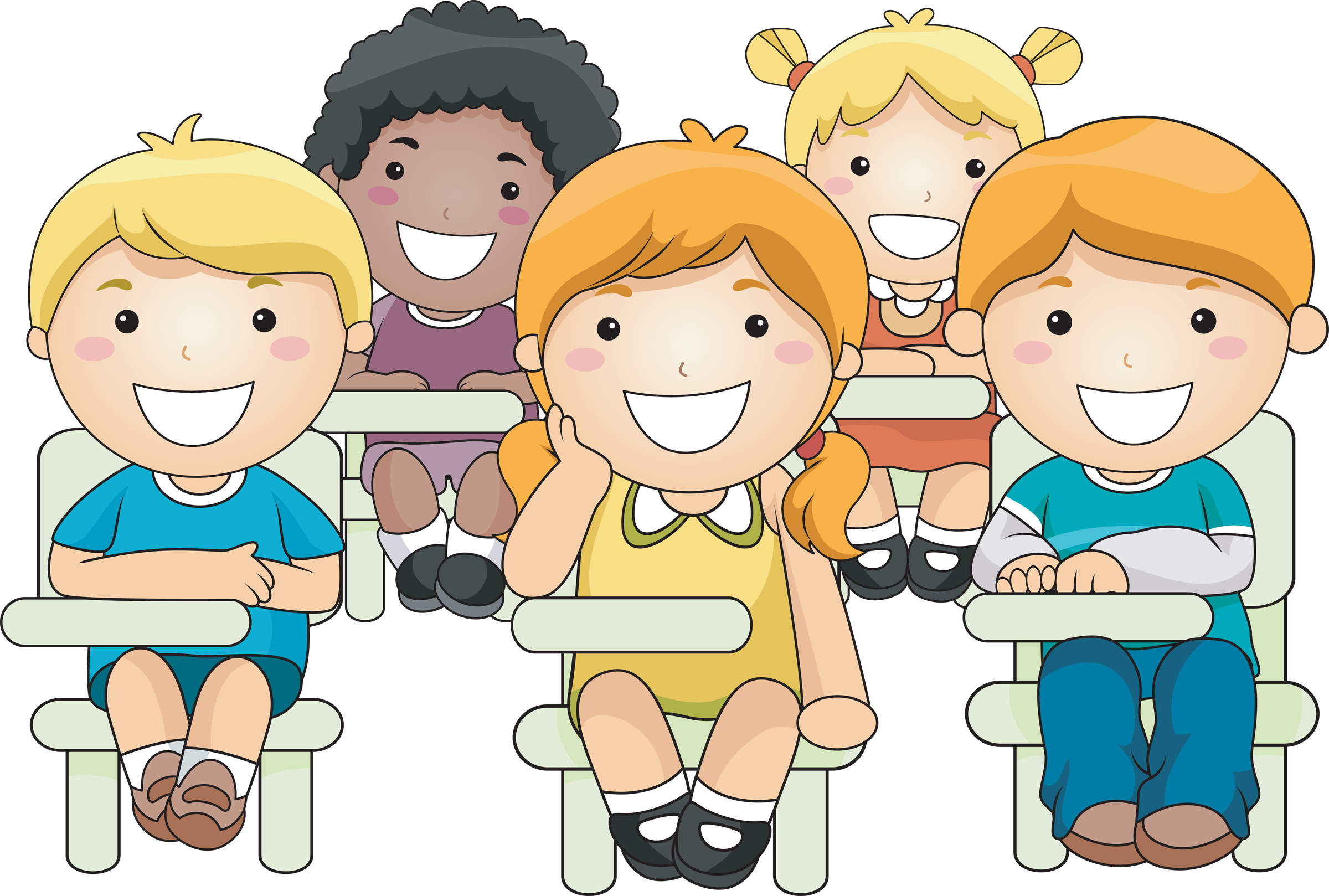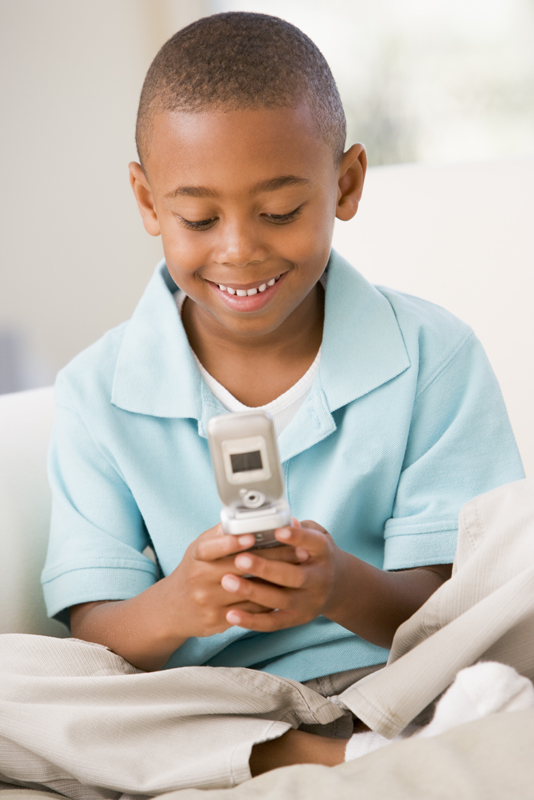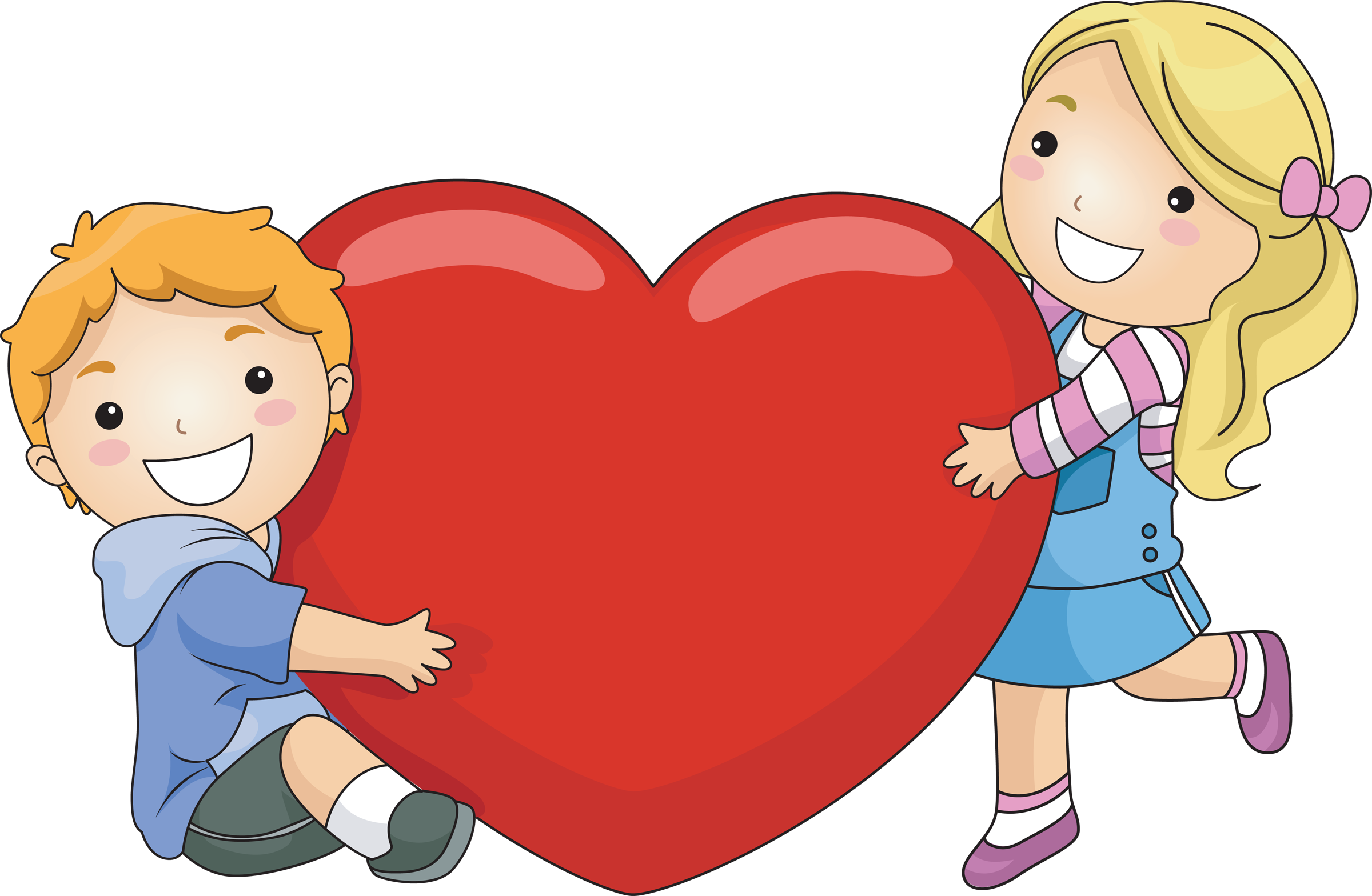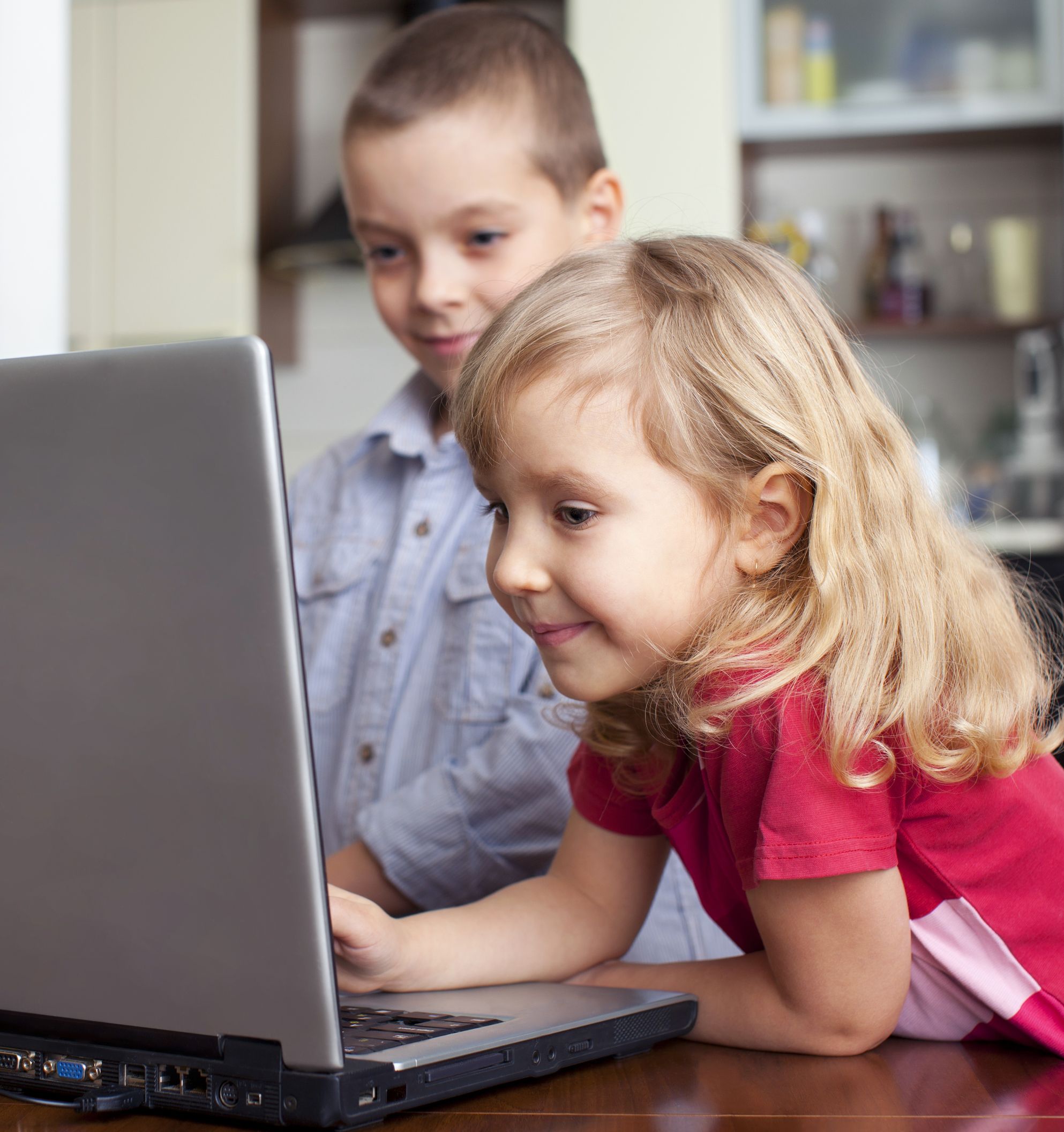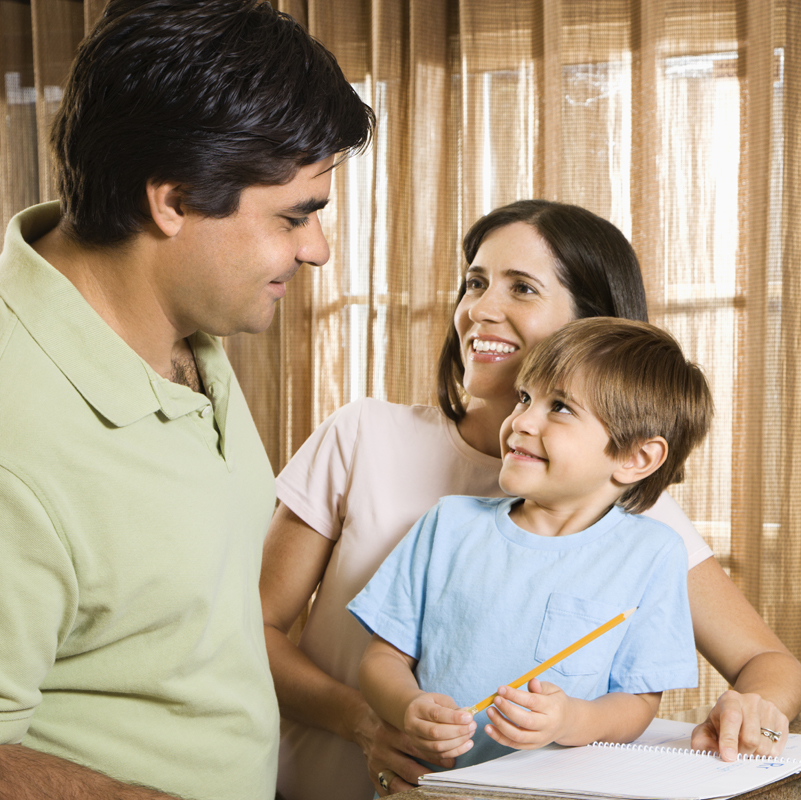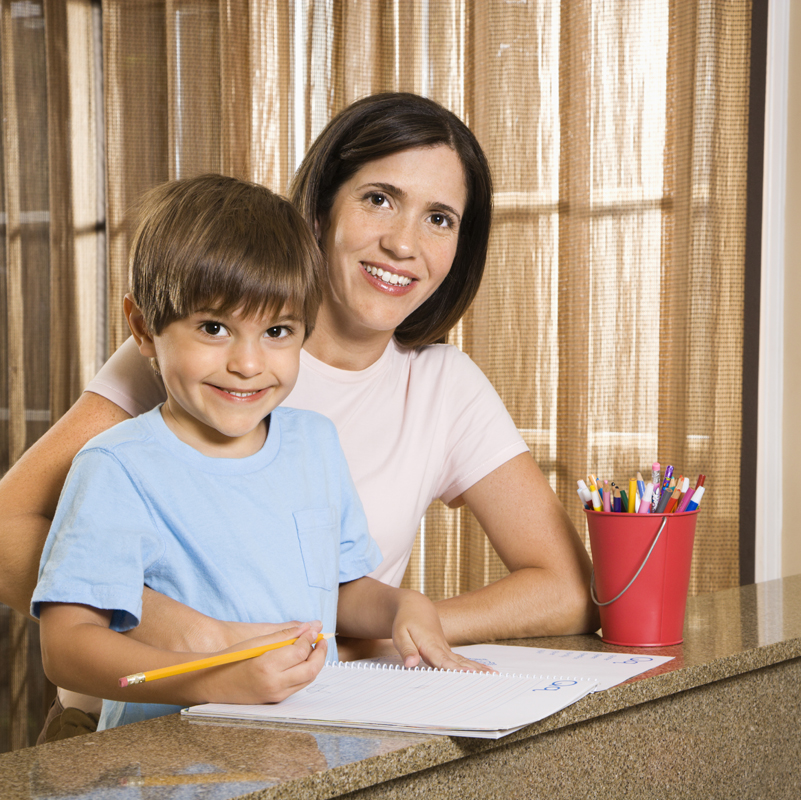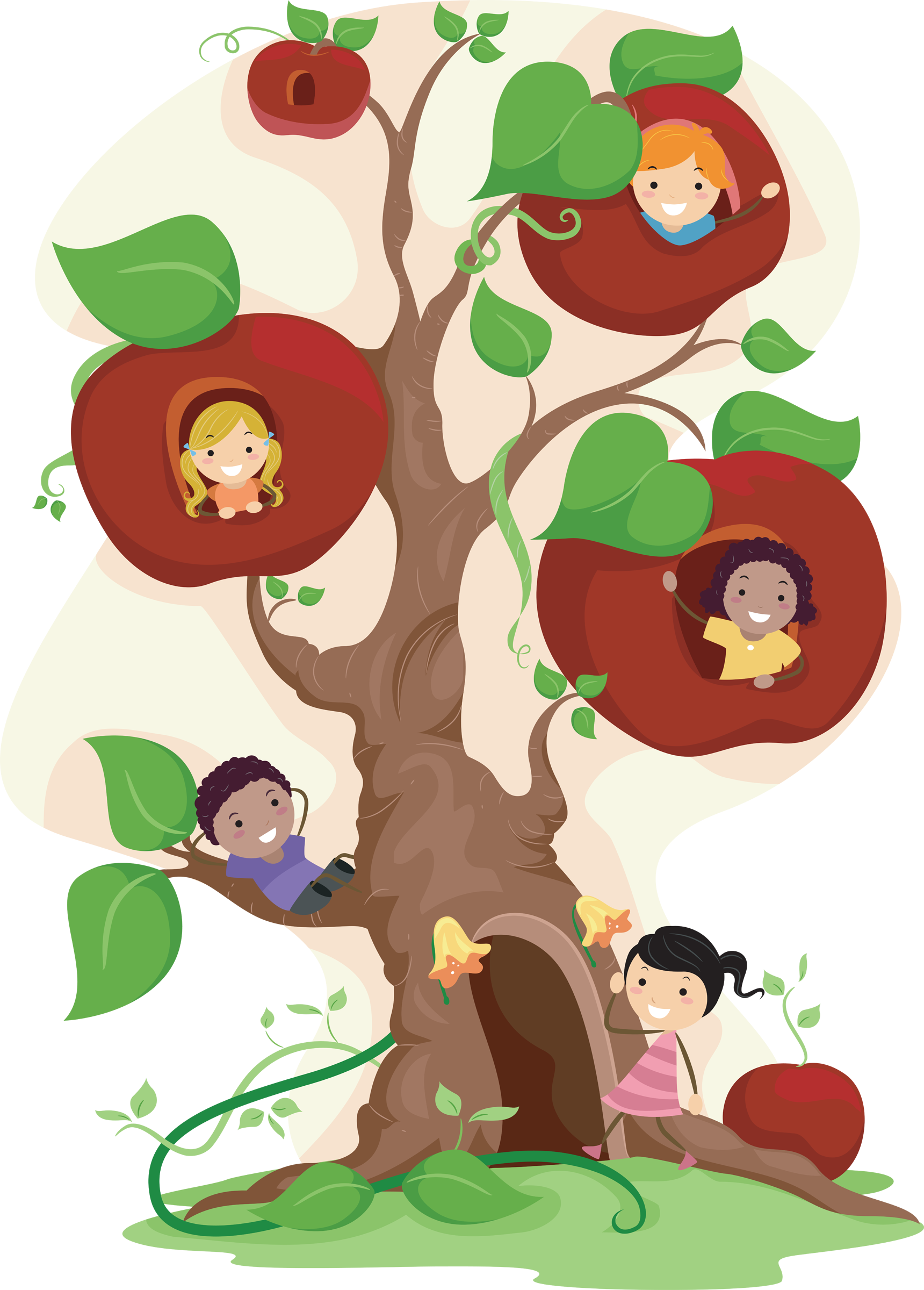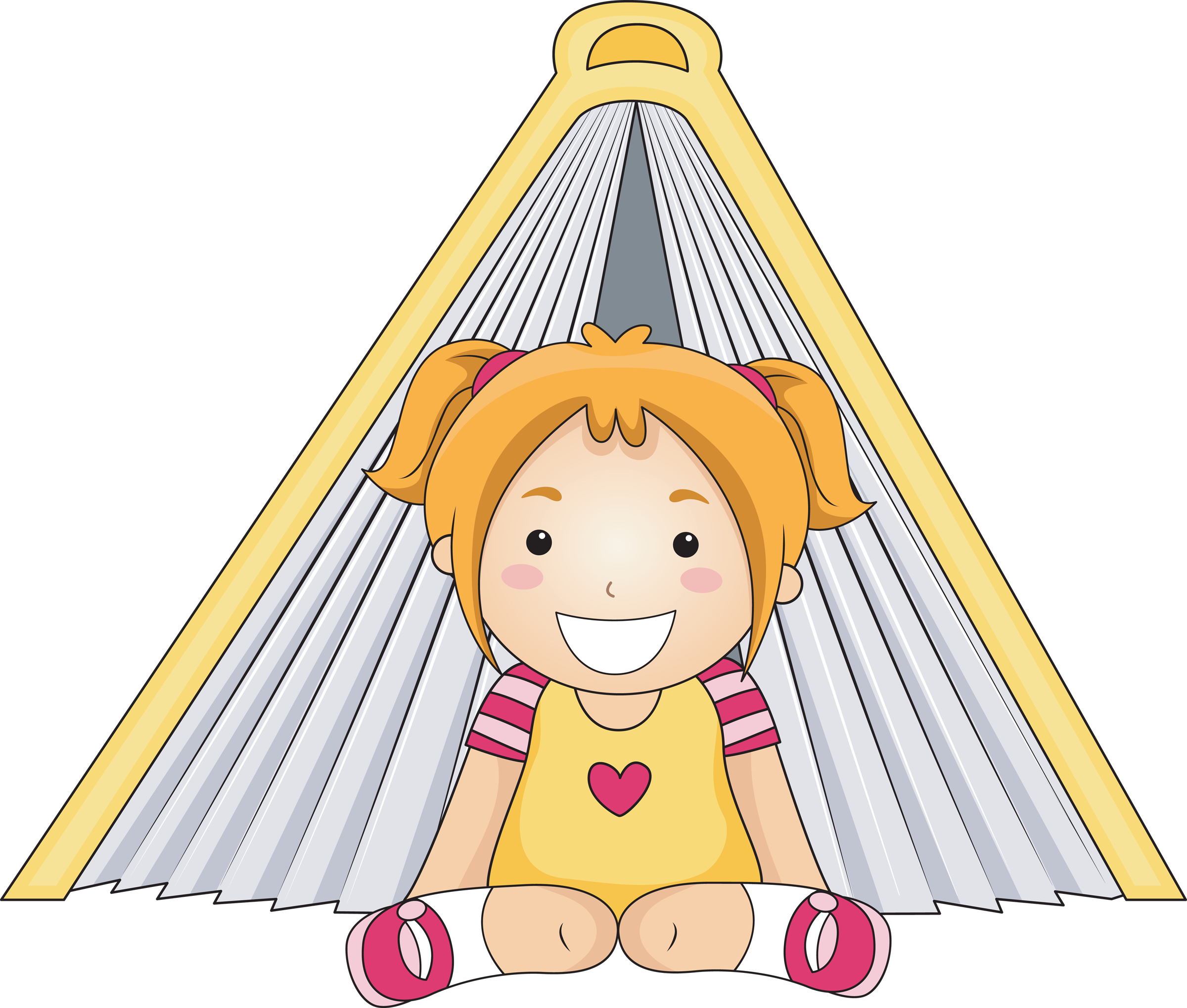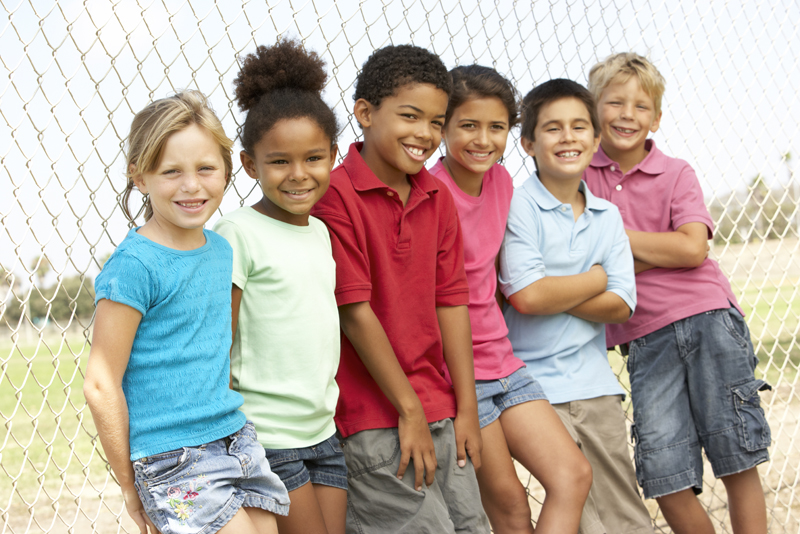Debunking Myths About Combination Classrooms
Have you heard of the combination classroom? If not, then it may be just a matter of time before it debuts in a school near you. With education budgets tighter than ever, these types of classroom environments are becoming more prevalent. So just what are they, exactly? Combination classrooms, also referred to as multi-grade classrooms, are those that accommodate students of different ages and grade levels under the instruction of a single teacher. Most parents panic when they learn of the possibility that their child may be put in the same classroom as children older or younger than them, but research has shown that there’s really no reason to fear. To put those worries aside, let’s examine and debunk some of the myths surrounding combination classrooms.
